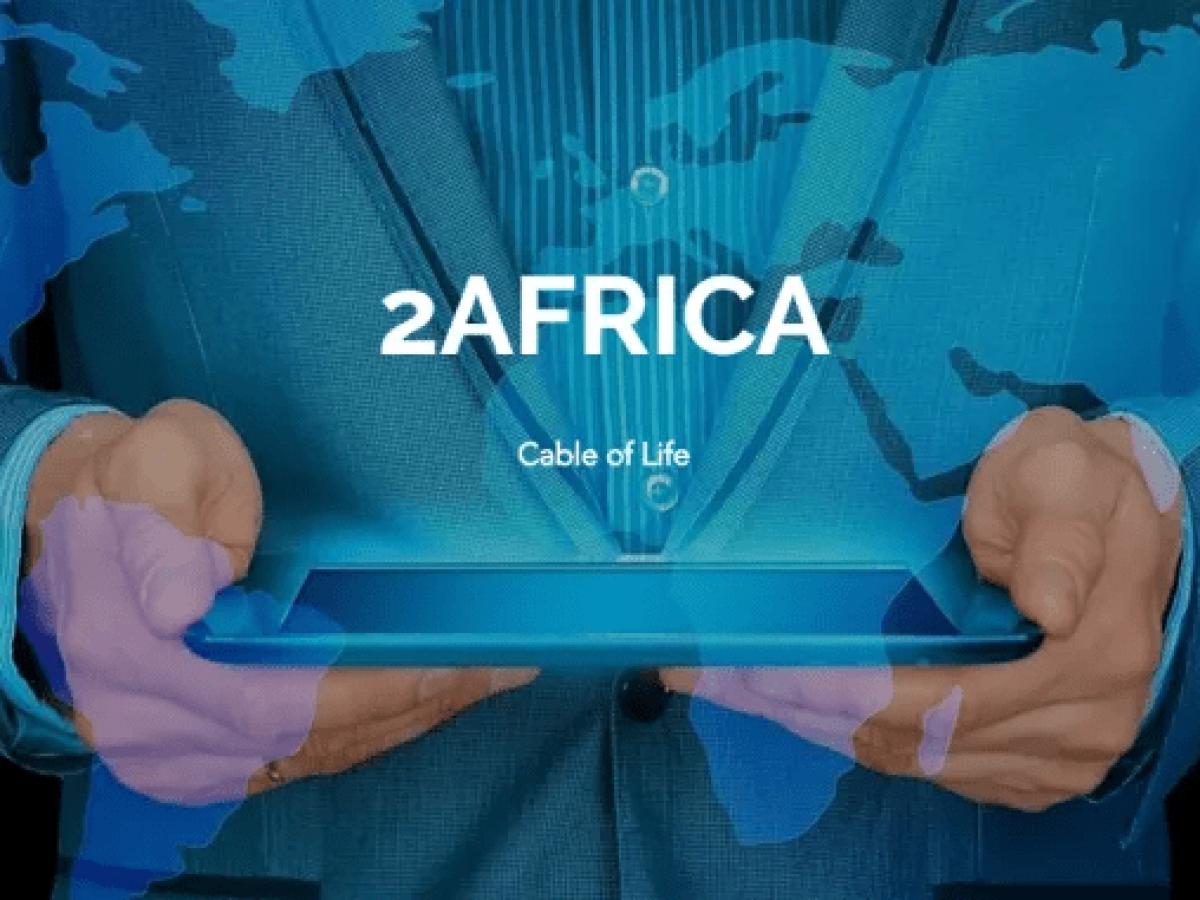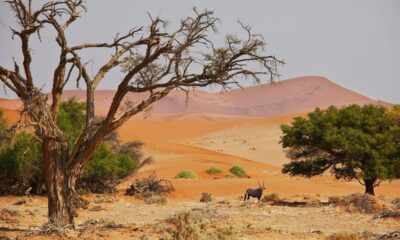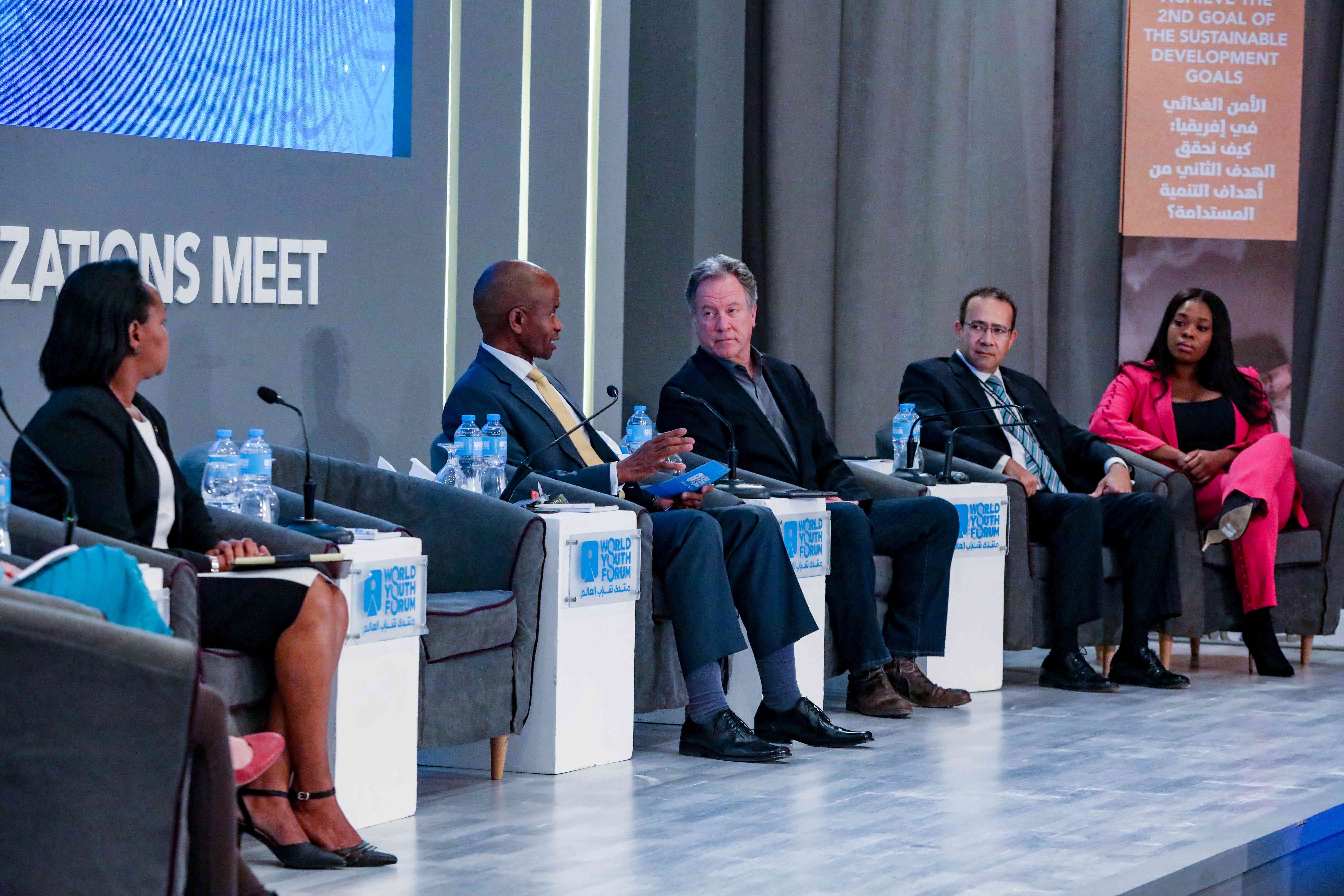Dive In
Africa’s Cable of Life: 2Africa

By Mostafa Metwaly
In a business environment in which ultra-broadband access is critical for long-term growth and development, there is driving demand for new connectivity. The 2Africa submarine cable has been established to serve this purpose. The project’s goal is to greatly improve internet connectivity between Africa and the rest of the globe in terms of capacity, quality, and availability. This is especially significant for a continent where worldwide norm in terms of internet adoption is long overdue.
But What Is a Submarine Cable?
Before going deeper to the current opportunities that the majority of tech and telecommunications companies are approaching in Africa, let me introduce you to the meaning and function of a submarine cable. A submarine communications cable is an armored and protected cable that is laid or buried at the seabed or beneath, and it connects land-based stations to carry telecommunication signals across the distance it goes from source to destination with international data traffic.
Why Africa?
Africa has proven to be a key player to connect other continents in the business of submarine cables, since the majority of submarine fiber cables from Europe have to pass through the Suez Canal and the Red Sea to reach their destinations in Asia.
To accelerate the data route to African countries, the new 2Africa submarine cable paves the way to promising investment and business opportunities either to the owners of the cable or to the countries where the landing points of this cable will be. The 2Africa cable is considered one of the most promising submarine cables, since it covers many landing points and countries in Africa, Asia, and Europe.
How Does Africa Stand to Benefit from This?
Businesses and consumers in Africa will benefit from increased capacity and reliability for services such as telecommuting, internet services, video conferencing, advanced multimedia, and mobile video applications by connecting numerous countries along Africa’s entire coast to Europe and the Middle East region.
In this era of digital transformation, we will find lots of development programs focusing on Africa to enable tech startup ecosystems and investing in Africa’s several sectors that are enabling small and mid-size enterprises (SMEs) and large enterprises all over Africa to enhance the economic environment.
The 2Africa cable will expand internet capacity all over Africa; hence, it will increase the infrastructure capacity of all the participating countries, which will help in building a digital ecosystem for the education and medical sectors in these counties.
Egypt has already started to increase its investment in manufacturing and training calibers in the fiber cables business, even in building and localizing this industry to expand its local fiber optic cables to expand to the globe. The country is now investing around 7 billion EGP to lay cables to more than 1500 villages that were not connected to the internet before its developmental ‘Haya Karima’ (Decent Life) project.
Who’s Behind It?
The 2Africa cable is owned by a group of tech and telecommunication companies, varying between governmental and private sectors. This cable is owned by China Mobile, Facebook, MTN Group, Orange, Saudi Telecom, Telecom Egypt, Vodafone, and WIOCC, with a total length of 45,000 km, with almost 43 landing points in 26 countries. Egypt alone will have around 4 landing points passing through the Suez Canal route, covering a distance of approximately 200 km from Port Said to Suez.
What Do All These Investors Stand to Gain?
Social media giants and e-commerce gurus are expecting more than 1.5 billion inhabitants to be connected to their markets. This cable has a great global impact since it will bring affordable, high-speed internet to 3 billion people around the globe, which will serve well the investment and expansion plans of these investors.





